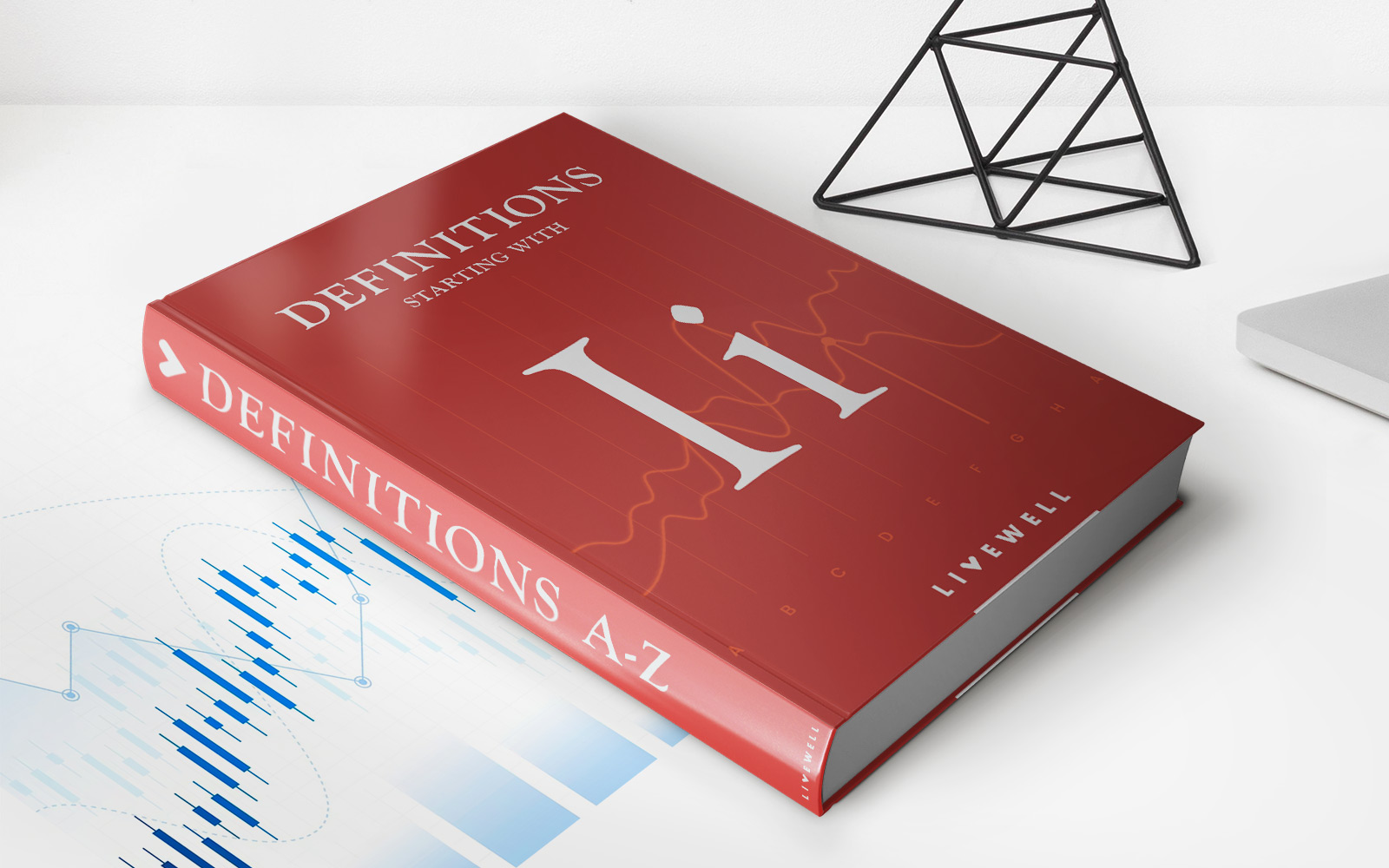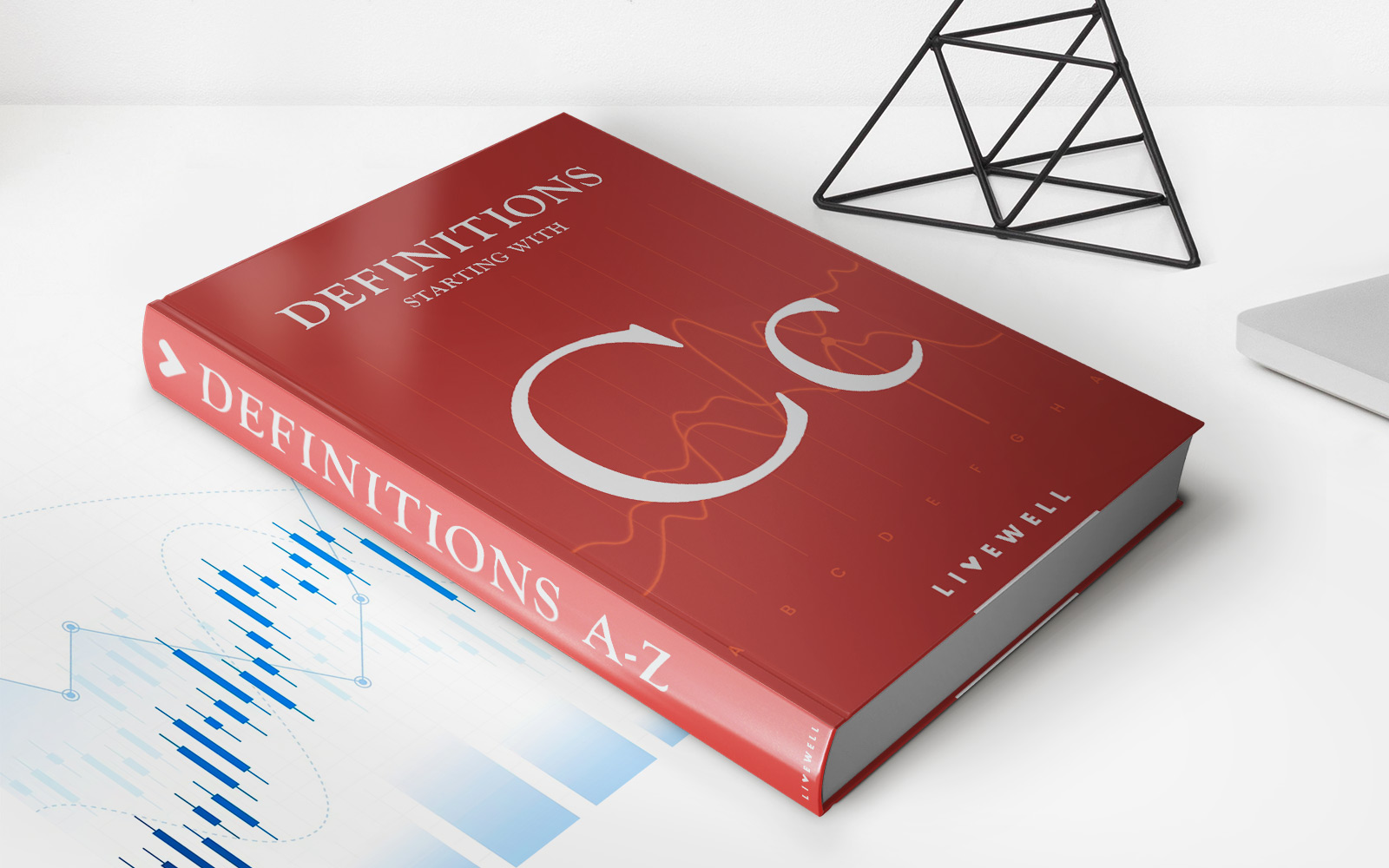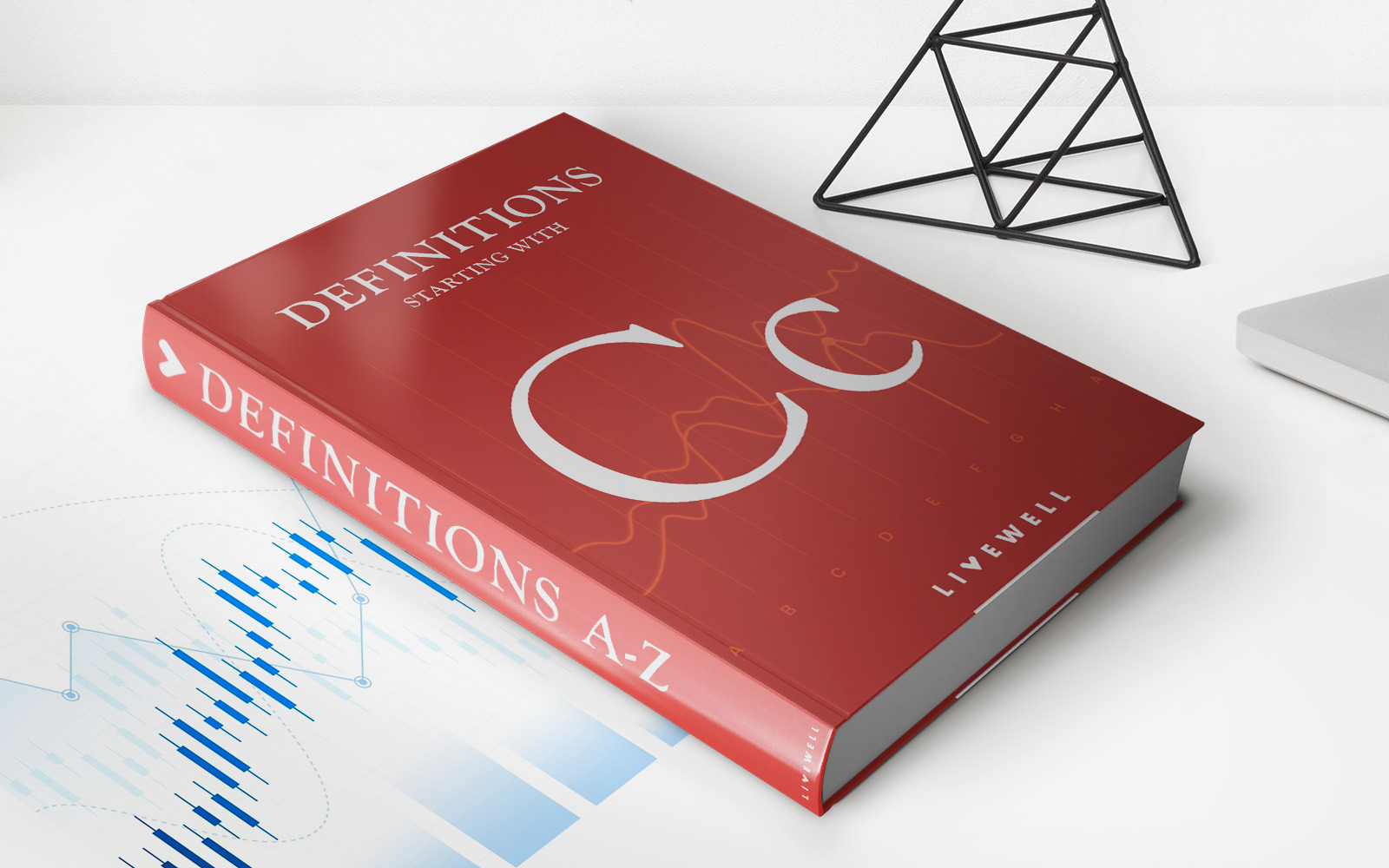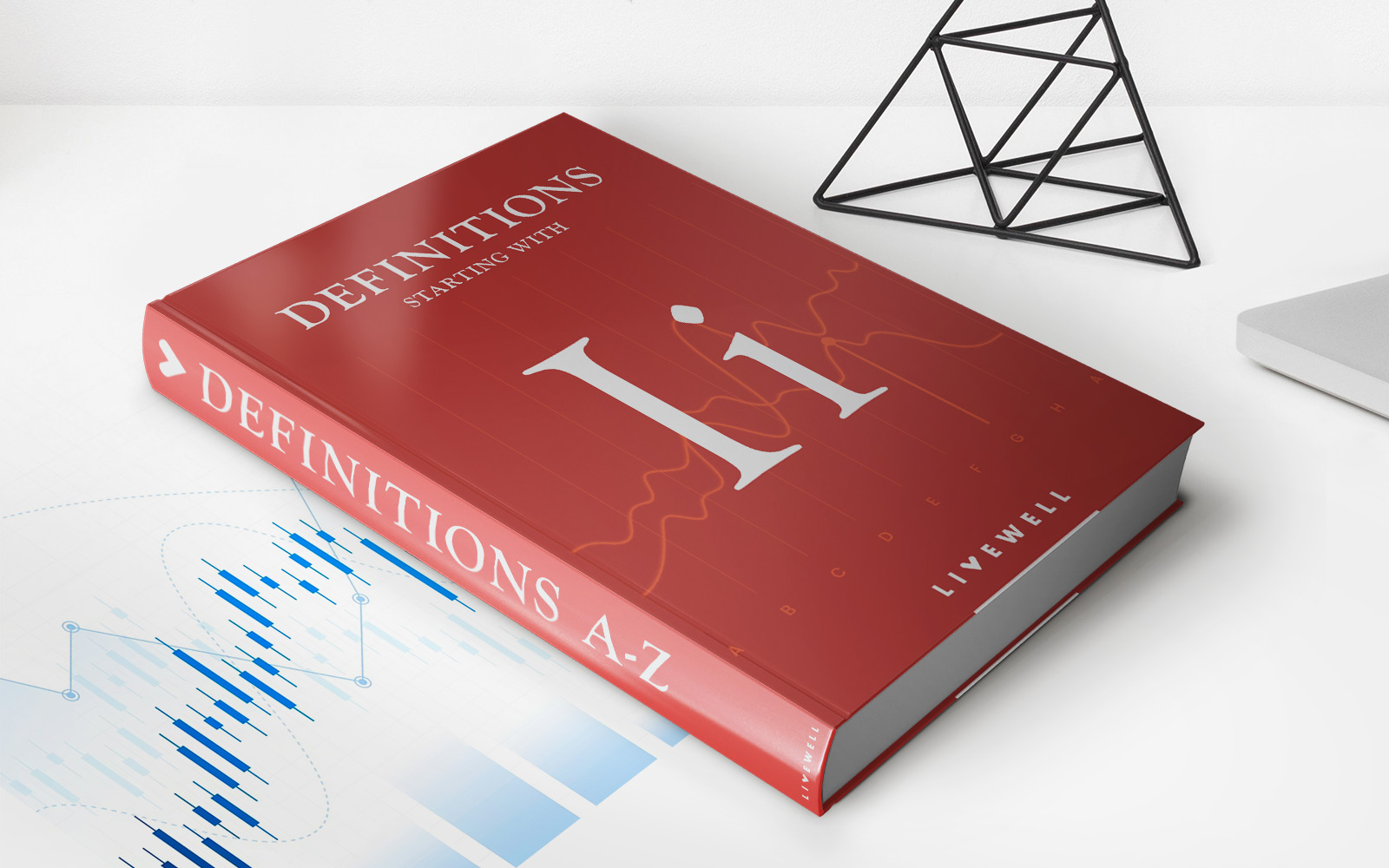Home>Finance>Zero-Coupon Certificate Of Deposit (CD) Definition
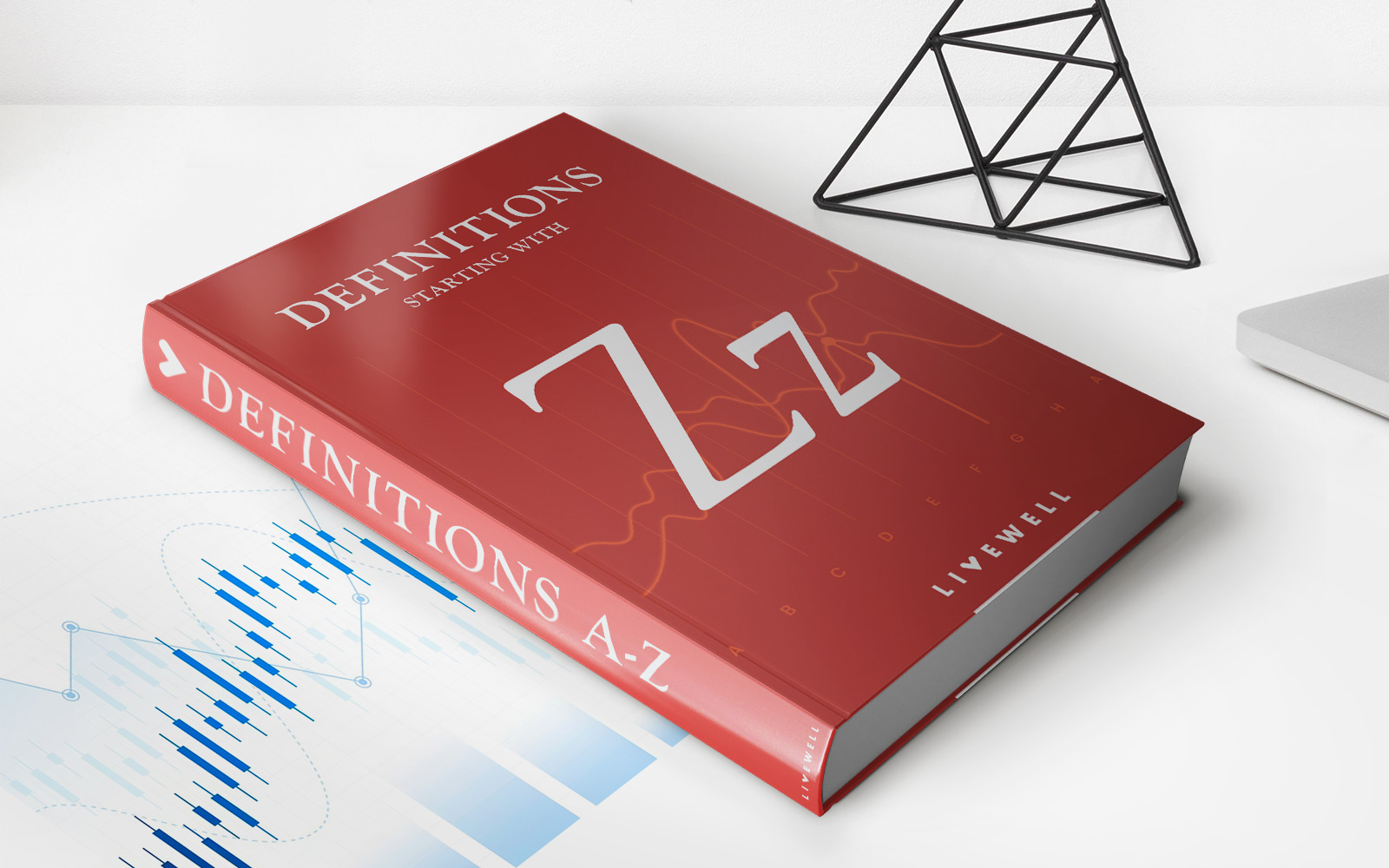

Finance
Zero-Coupon Certificate Of Deposit (CD) Definition
Published: February 20, 2024
Find out what a zero-coupon certificate of deposit (CD) is and how it works in the world of finance. Learn more about this investment option now.
(Many of the links in this article redirect to a specific reviewed product. Your purchase of these products through affiliate links helps to generate commission for LiveWell, at no extra cost. Learn more)
What is a Zero-Coupon Certificate of Deposit (CD)?
When it comes to financial investments, there are various options available to individuals looking to grow their wealth. One such option is a Zero-Coupon Certificate of Deposit (CD). But what exactly is a Zero-Coupon CD and how does it work? In this blog post, we will delve into the world of financial investments and explore the definition, benefits, and considerations of a Zero-Coupon CD.
Key Takeaways:
- A Zero-Coupon Certificate of Deposit (CD) is a type of fixed-term investment that is sold at a discounted price.
- Unlike traditional CDs, Zero-Coupon CDs do not pay regular interest throughout the term. Instead, they offer a fixed lump sum payment upon maturity.
A Zero-Coupon CD is a unique financial instrument that offers investors an opportunity to grow their money over a specific time period. Unlike traditional CDs, which pay regular interest at predetermined intervals, Zero-Coupon CDs do not provide periodic interest payments. Instead, they are sold at a discounted price, typically less than their face value, and offer a fixed lump sum payment upon maturity.
Here is a breakdown of the key characteristics and benefits of a Zero-Coupon CD:
- Low Risk: Zero-Coupon CDs are considered to be low-risk investments as they are insured by the Federal Deposit Insurance Corporation (FDIC) up to the allowable limit.
- Fixed-term Investment: Zero-Coupon CDs typically have a predetermined maturity date, ranging from a few months to several years. This allows investors to plan their financial goals accordingly.
- Discounted Purchase Price: As mentioned earlier, Zero-Coupon CDs are sold at a discounted price. This means that investors can purchase them for less than their eventual maturity value, making it an attractive option for those looking to maximize their returns.
- Tax Implications: Although Zero-Coupon CDs do not pay regular interest, they are subject to annual imputed or phantom interest that is taxable. Investors should consult with a tax advisor to understand the potential tax implications.
While Zero-Coupon CDs offer several advantages, it is important to consider a few key points before deciding to invest:
- Illiquidity: Zero-Coupon CDs are not easily accessible for withdrawal or redemption before the maturity date. Investors should be prepared to hold the investment for the entire duration.
- Inflation Risk: Since there are no regular interest payments, inflation can erode the purchasing power of the eventual lump sum payment received upon maturity.
- Opportunity Cost: Investors should carefully evaluate the potential returns of a Zero-Coupon CD compared to other investment options available in the market and consider their financial goals, risk tolerance, and time horizon.
In conclusion, a Zero-Coupon Certificate of Deposit (CD) is a unique investment tool that can provide investors with a fixed lump sum payment upon maturity. Although it offers distinct advantages such as low risk, fixed-term investment, and discounted purchase price, potential investors should carefully consider the illiquidity, inflation risk, and opportunity costs associated with this financial instrument. As with any financial decision, it is always wise to consult with a qualified financial advisor or planner to assess your individual financial situation and make an informed investment decision.






